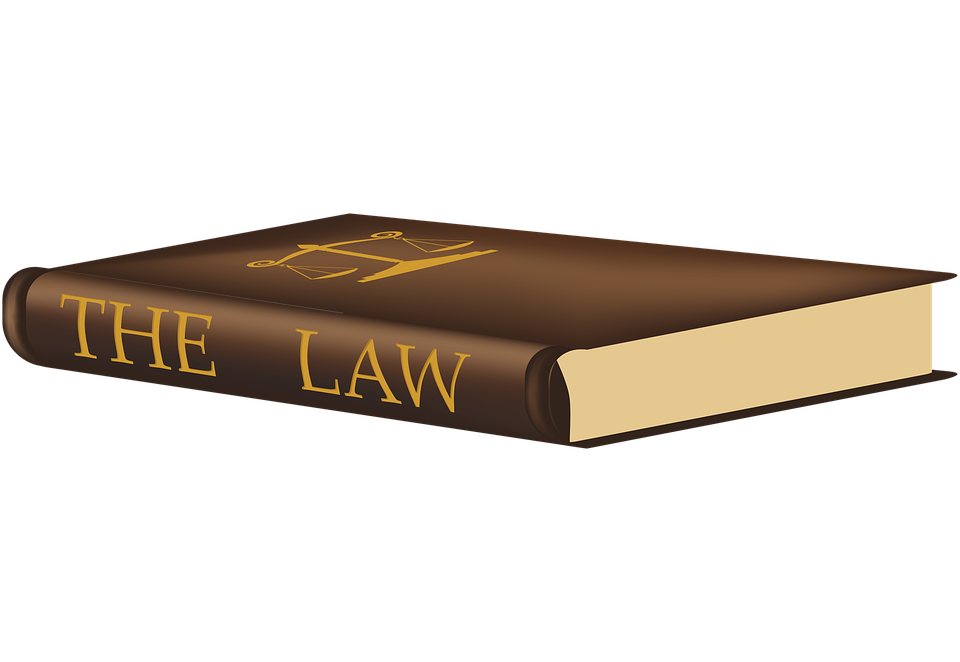In this blogpost, Haridya Iyengar, Student, Jindal Global Law School, Haryana, writes about what is sedition, essential features of sedition and constitutionality of sedition law in India.
This paper tackles the constitutionality of section 124 – A under the Indian Penal Code. It will seek to establish the constitutionality by analysing various case laws.
What is Sedition?
Sedition is covered under section 124-A of the IPC. However, the section only gives a marginal note on the law of sedition. While, it covers the crimes that come under the law it does not give a precise definition of the term ‘sedition’ itself.
Stephen in his Commentaries, on the Laws of England, 21st Edition, volume IV, at pages 141-142, used the following words to define sedition: “Sedition may be defined as conduct which has, either as its object or as its natural consequence, the unlawful display of dissatisfaction with the Government or with the existing order of society. The seditious conduct may be by words, by deed, or by writing.” In Rex vs. Adler[1] the court defined the law of sedition in the following words, “Nothing is clearer than the law on this head – namely, that whoever by language, either written or spoken incites or encourages other to use physical force or violence in some public matter connected with the State, is guilty of publishing a seditious libel. The word “sedition” in its ordinary natural signification denotes a tumult, an insurrection, a popular commotion, or an uproar; it implies violence or lawlessness in some form…”
Essential Features of Sedition
Any act which has the effect of subverting the government by bringing that government into hatred, contempt or creating dissatisfaction against it, would be within the penal statute it imports the idea of tendency to public disorder by the actual use of violence or incitement to violence. However, the section has taken care to express that strong words under lawful means used to express disapprobation of measures of the government, with a view to their improvement or alteration would not come within the purview of this section. So, comments however strongly worded, expressing disapprobation of actions of the government, without exciting the inclination to cause public disorder through acts of violence, will not be charged by this section.
To be charged under section 124 – A of the IPC there are two essential requirements:
- Bringing or an attempt to bring hatred or contempt or exciting or attempt to excite dissatisfaction towards the government.
- This act may be committed through – words, either spoken or written or by signs or by visible representation.
It should also be noted that in Balwant Singh v. State of Punjab the court held that, the casual raising of slogans once or twice by two individuals alone cannot be aimed at exciting or attempt to excite hatred or disaffection towards the government.
In order to actually sustain a conviction under section 124–A of the IPC, it must be proved that – First, the accused spoke the words in question. Second, the accused brought or attempted to bring hatred or excite or attempted to excite dissatisfaction against the government. Third, such dissatisfaction was towards the government.
Constitutionality of Sedition in India
The first case that tackled the constitutionality of Section 124-A was Ram Nandan v. State of U.P. The Allahabad High court held that S.124-A of the IPC is ultra vires as it violates Article 19(1) (a) of the Constitution. 124-A was said to restrict freedom of speech and struck at the very roots of the constitution.
However, this was overruled in the case of Kedarnath Das v. State of Bihar. The court in this case held that this section should limit acts involving intention or tendency to create disorder or disturbance of law and order or incitement of violence. However, if this section is used arbitrarily, it is in violation of Article 19.
It should also be noted that in 1951 there was an amendment made in Article 19(2) which included the expression “in the interest of” and “public order”. This amendment included the legislative restriction on freedom of speech and expression. In Kedarnath Das v. State of Bihar the court was of the view that, the expression “in the interest of public order” has a wider connotation, and not only includes acts which are likely to disturb public order but, can also be interpreted to include Section 124 – A. It was further held that any act which is enacted in the interest of public order can be saved from constitutional invalidity. The court also held that the right guaranteed under Article 19 (1) (a) is subject to the restriction under 19 (2) which comprises of – First, security of the state. Second, friendly relations with foreign states. Third, public order. Fourth, decency or morality. Article 124 – A of the IPC is covered under security of the state and public order since, the section penalizes any spoken or written words or visible representation which, have the effect of bringing or which attempt to bring in hatred or contempt or excite or attempt to excite disaffection towards “the government established by law”.[2]
Conclusion
Section 124 – A has been held constitutionally valid for the security of the state. However, the court has established various guidelines to help safeguard citizens from frivolous sedition charges.
[1] Rex. v. Aldred (1909) 22 CCLC 1
[2] http://www.rmlnlu.ac.in/webj/sedition.pdf
The post Constitutionality Of Sedition Law in India appeared first on iPleaders.
